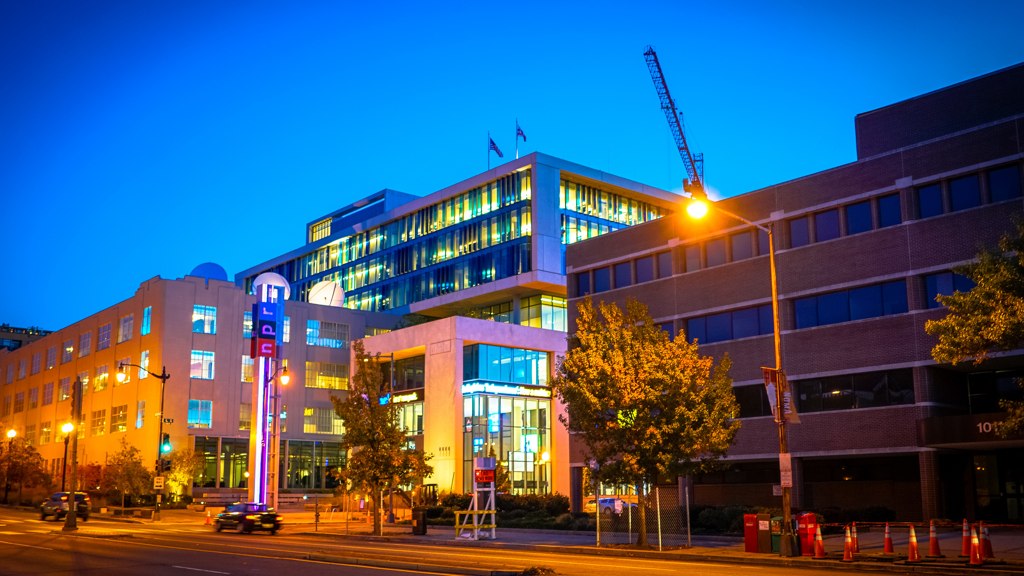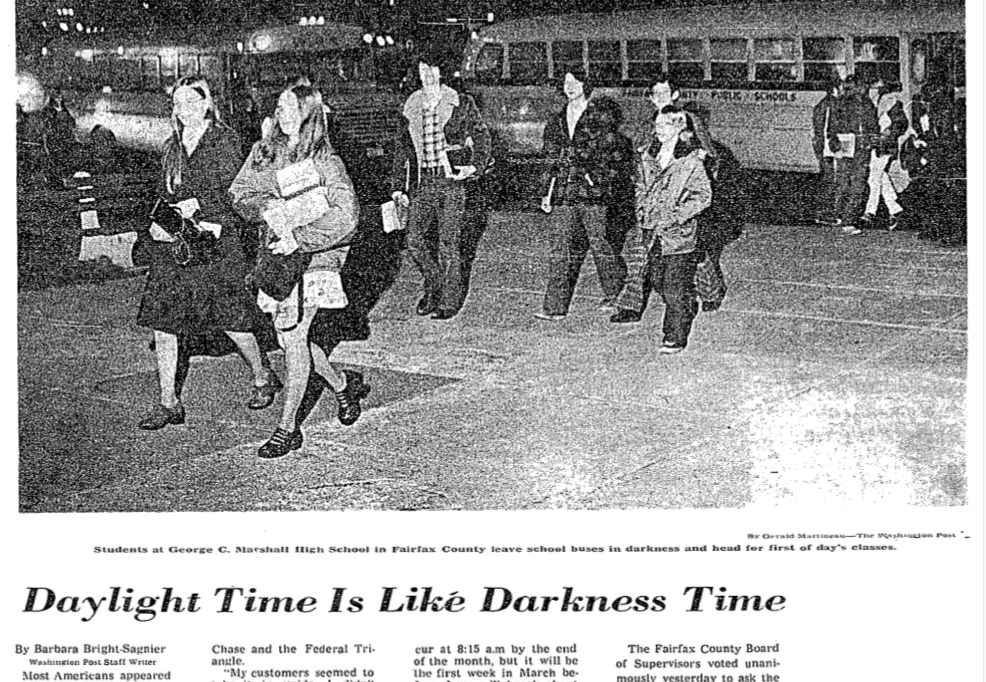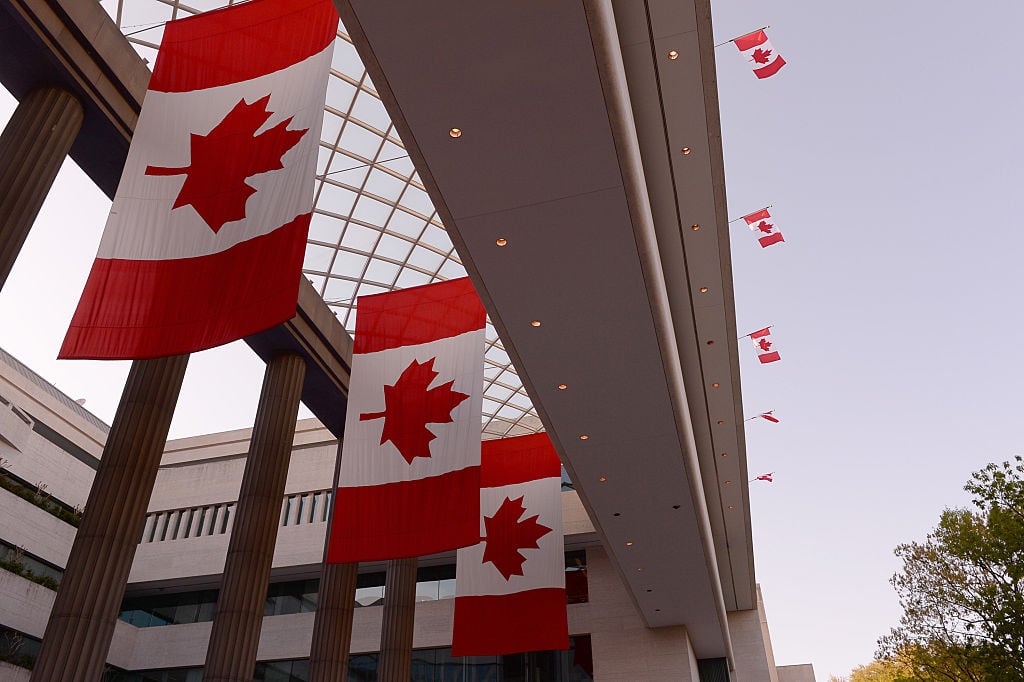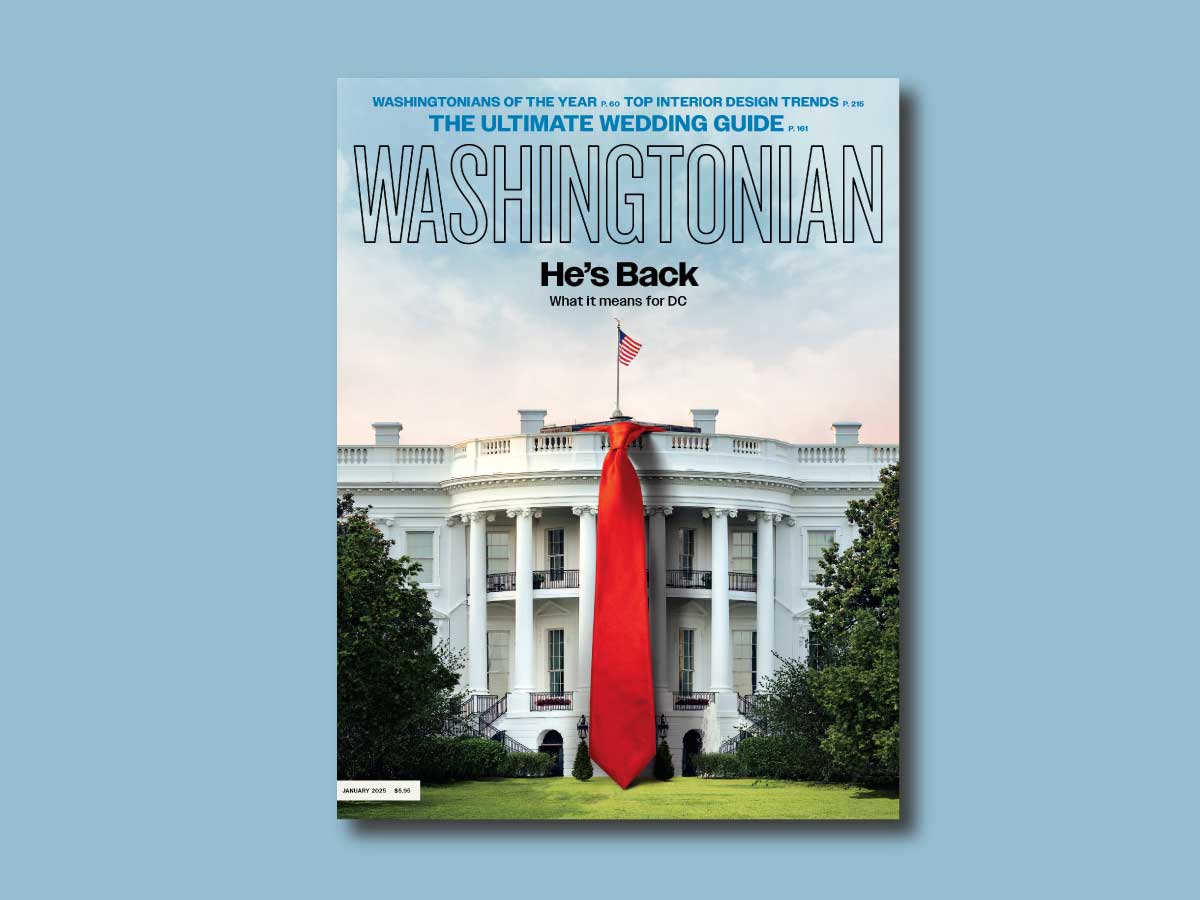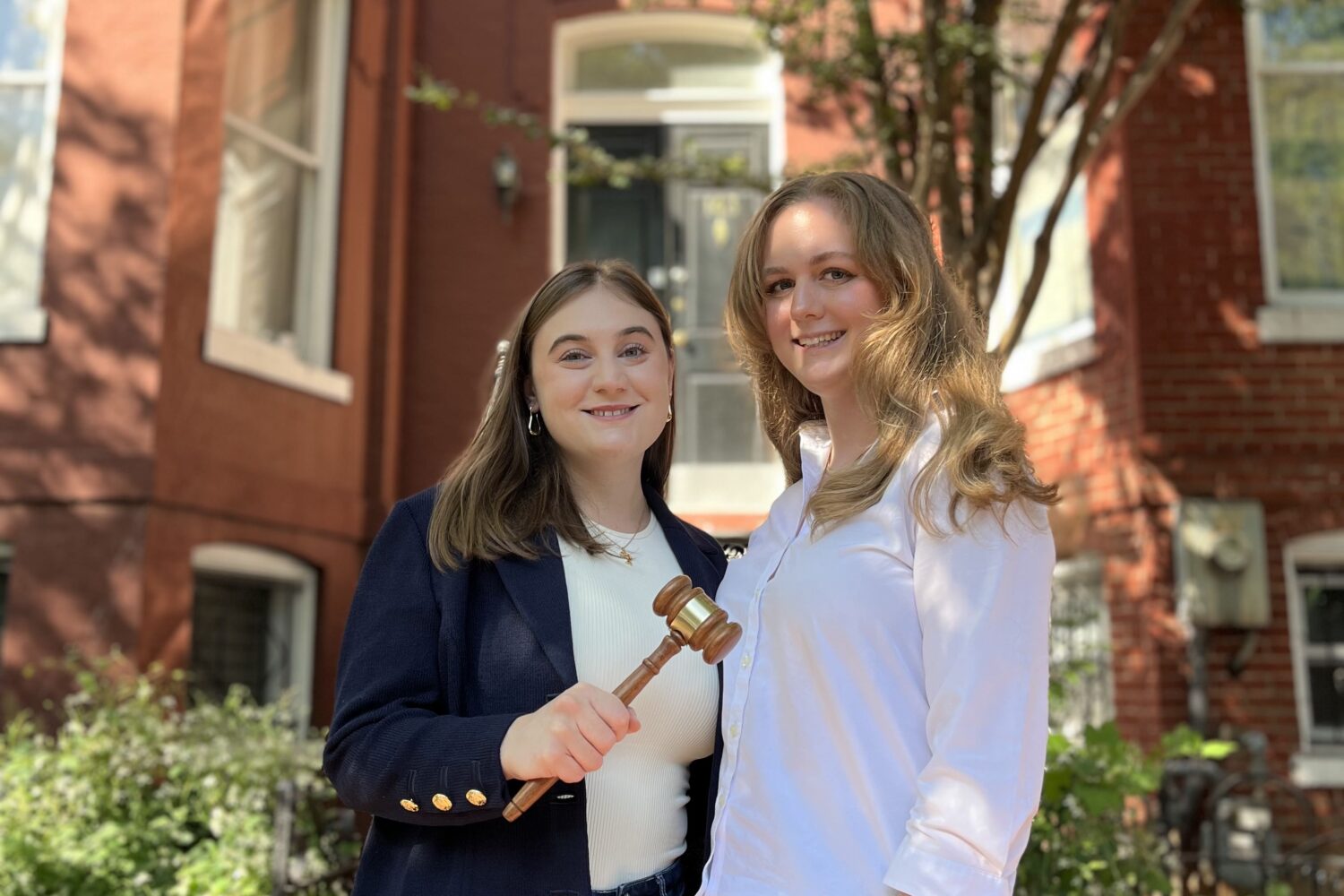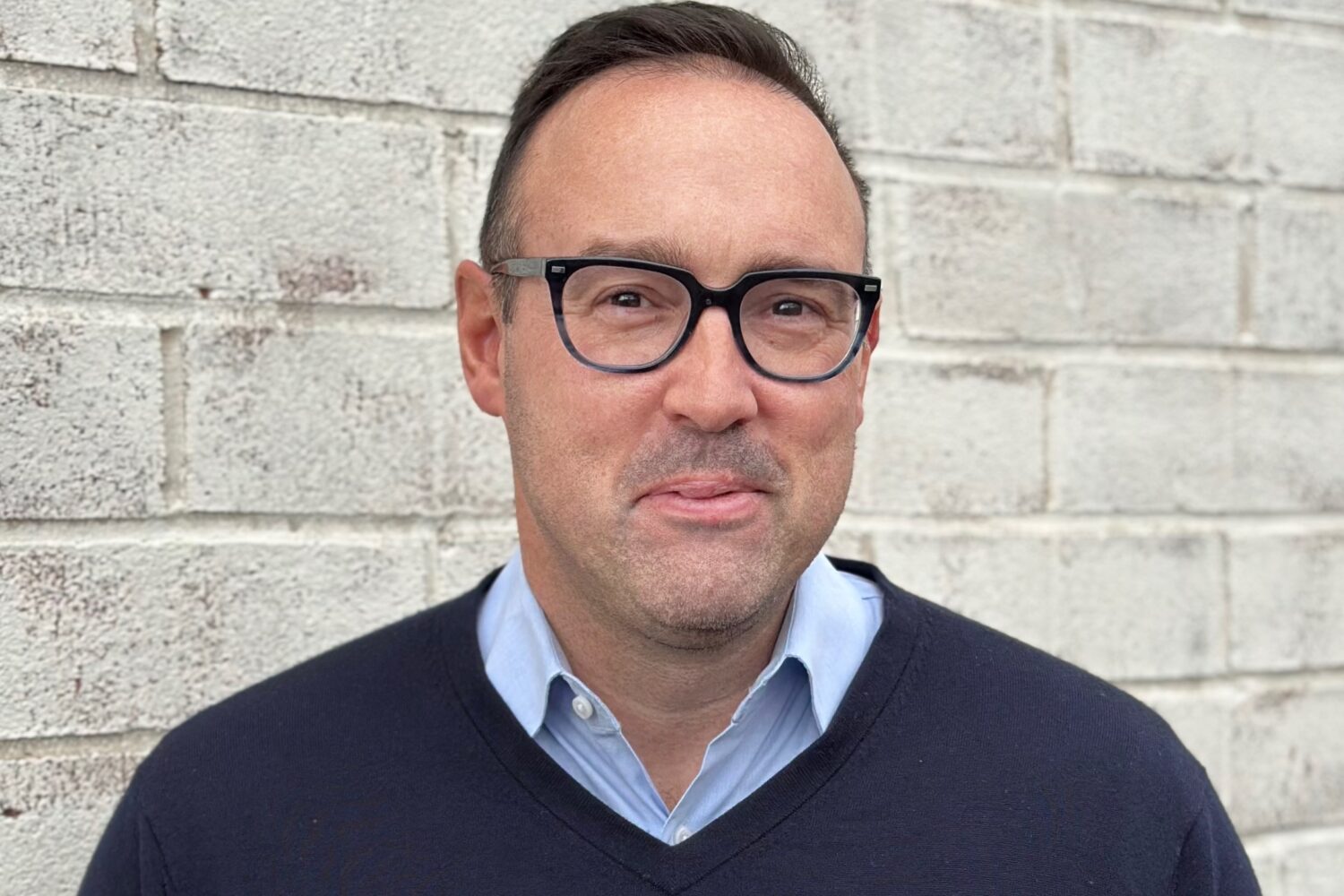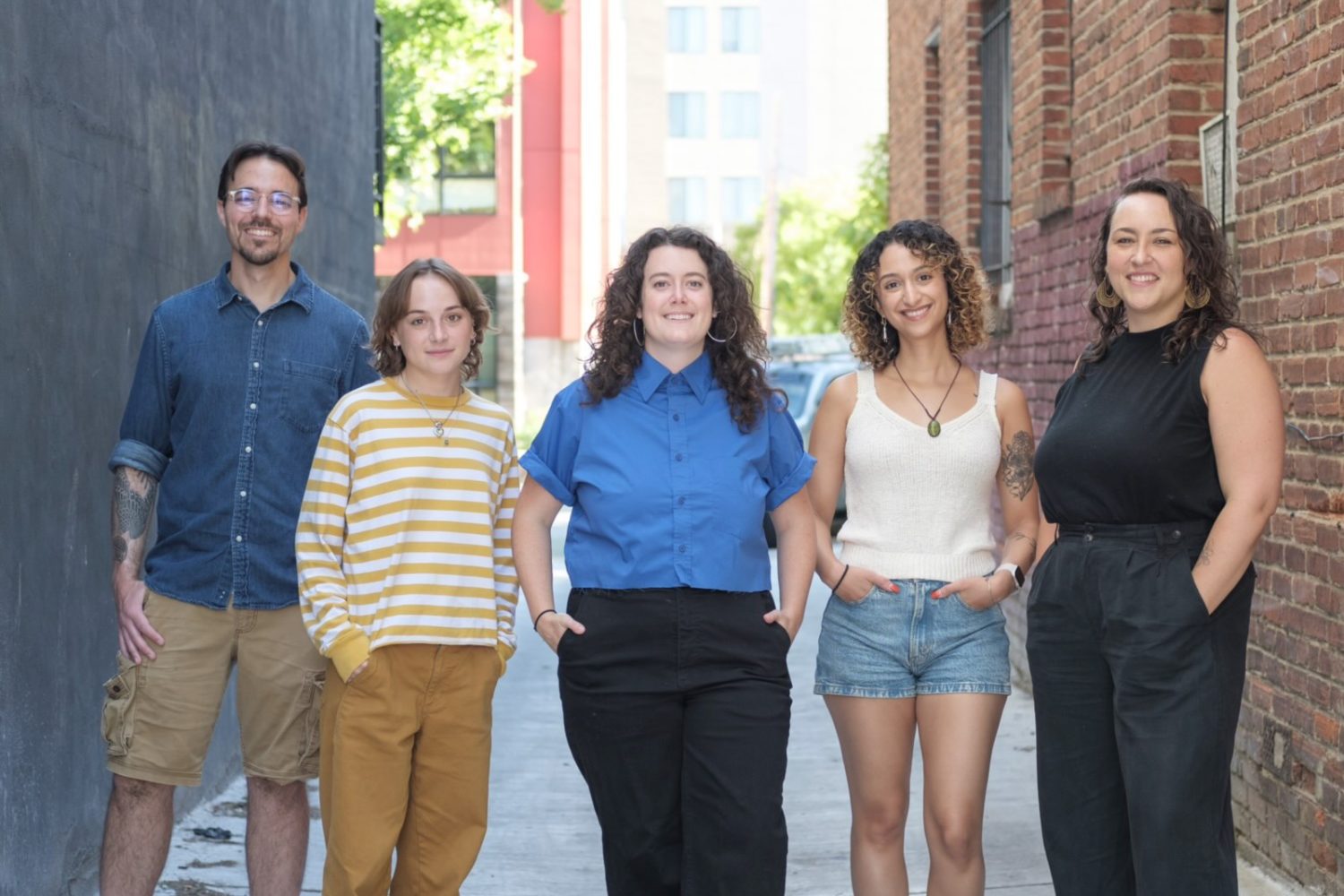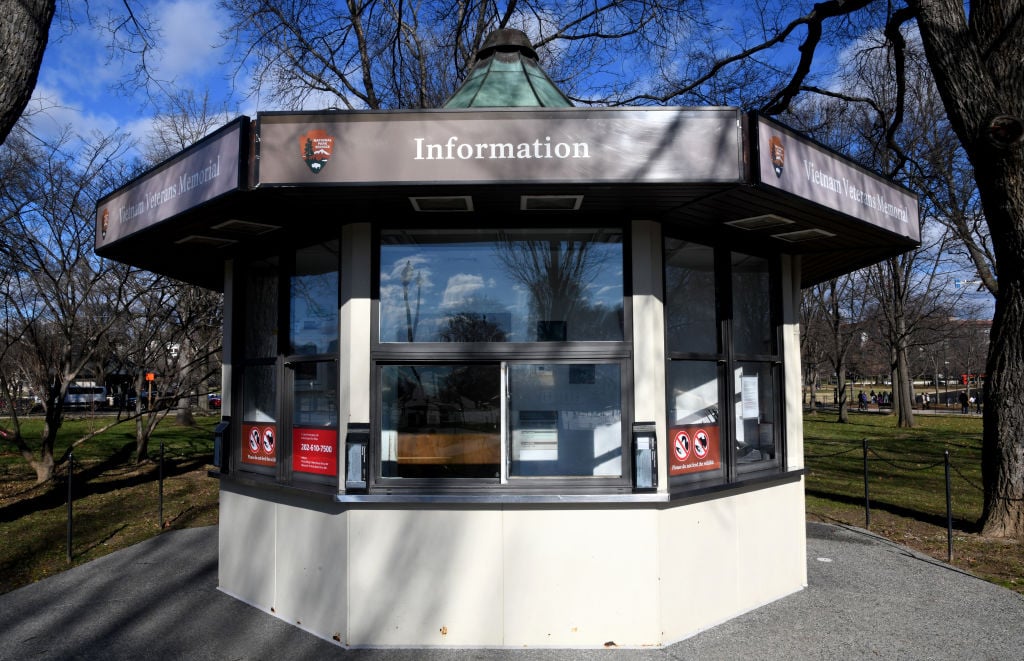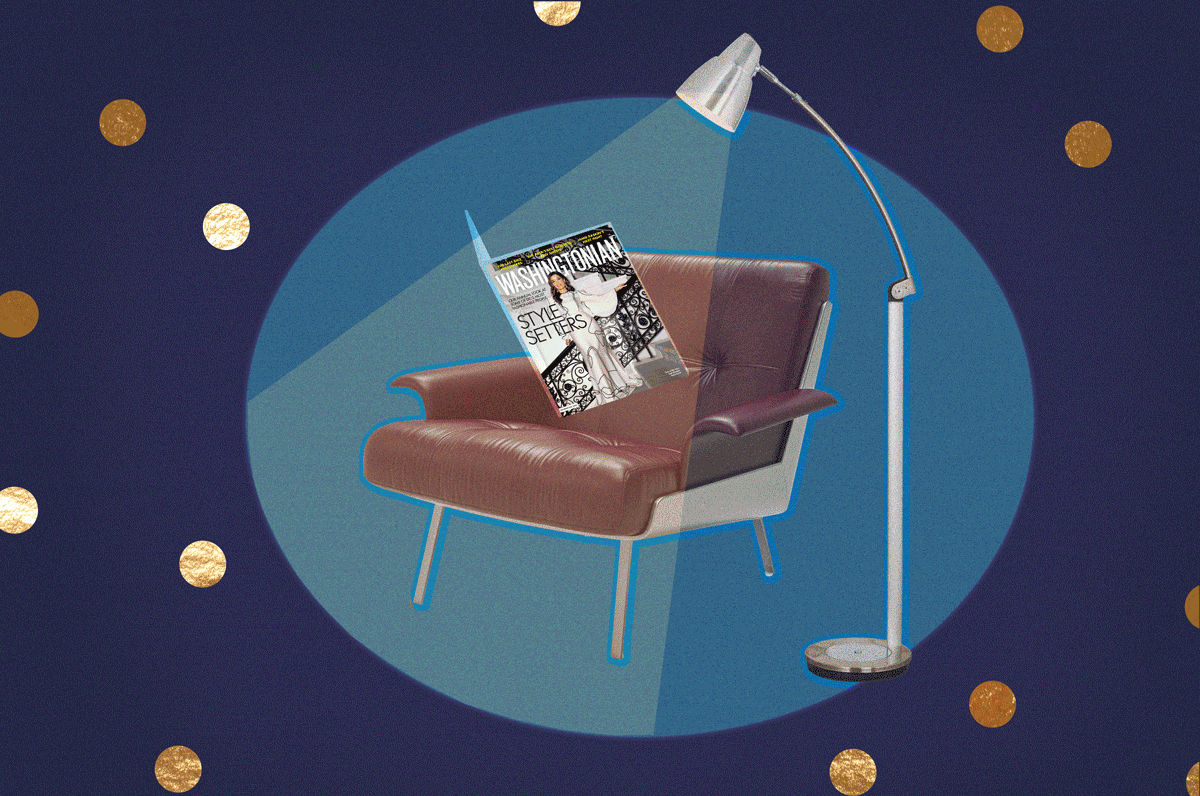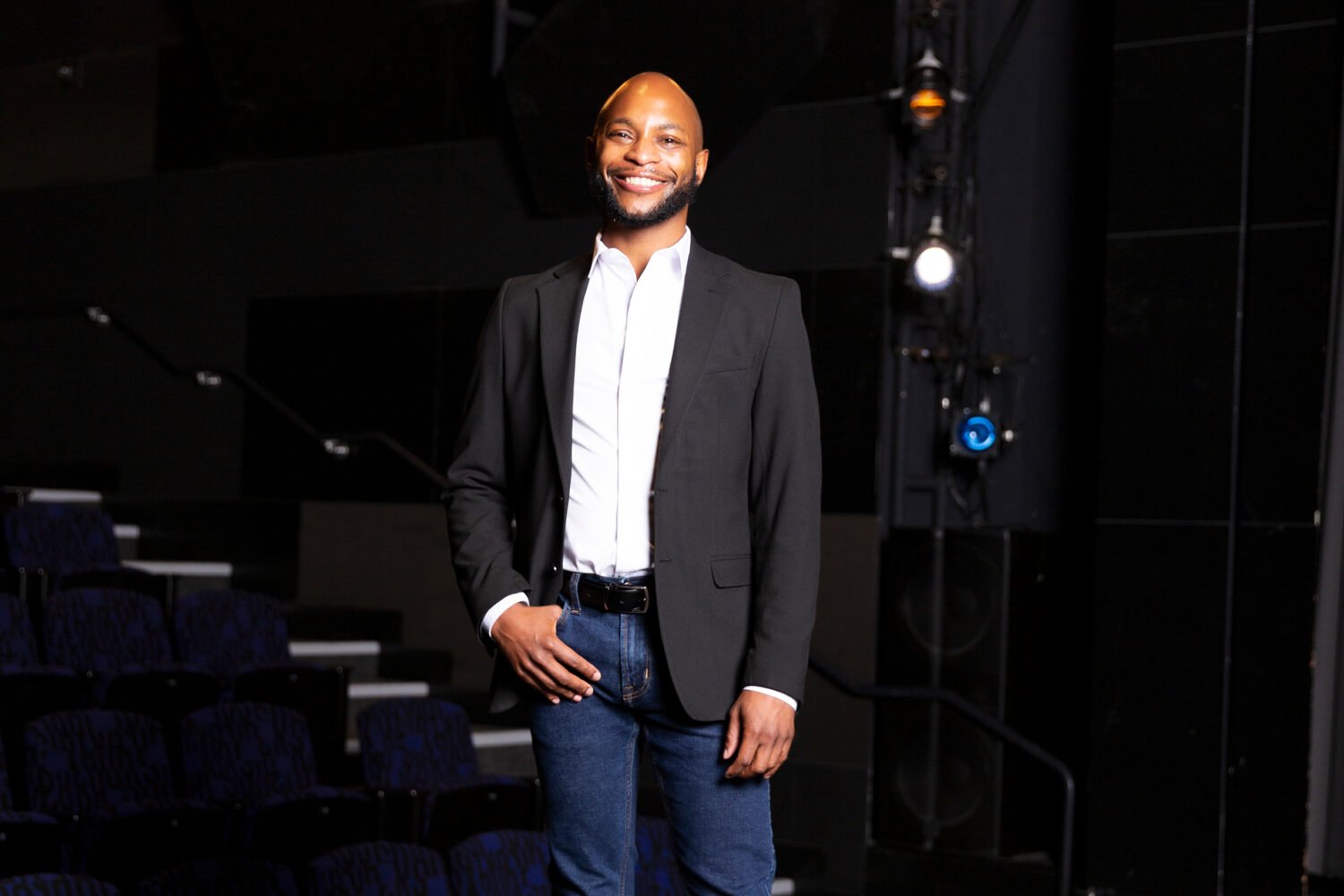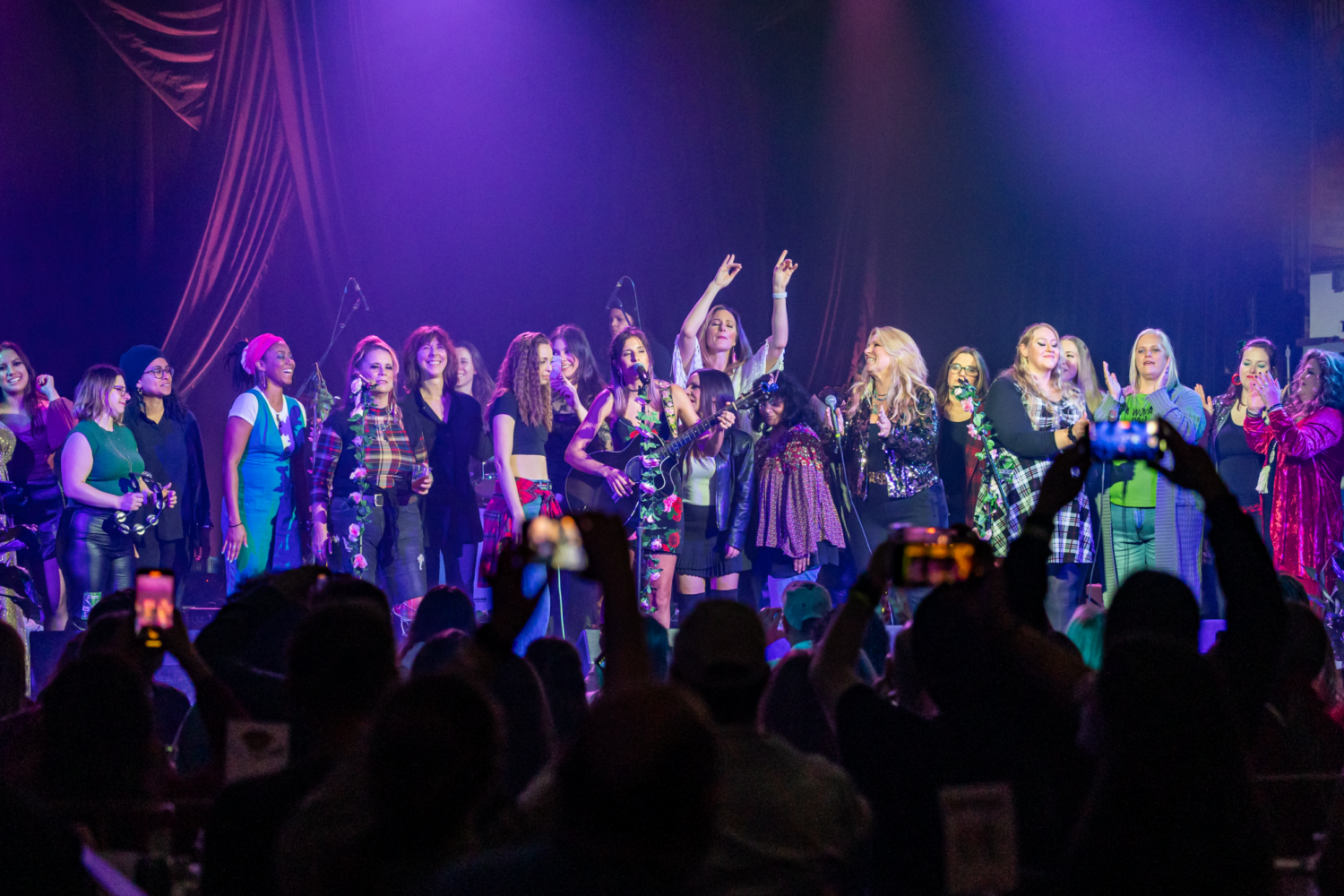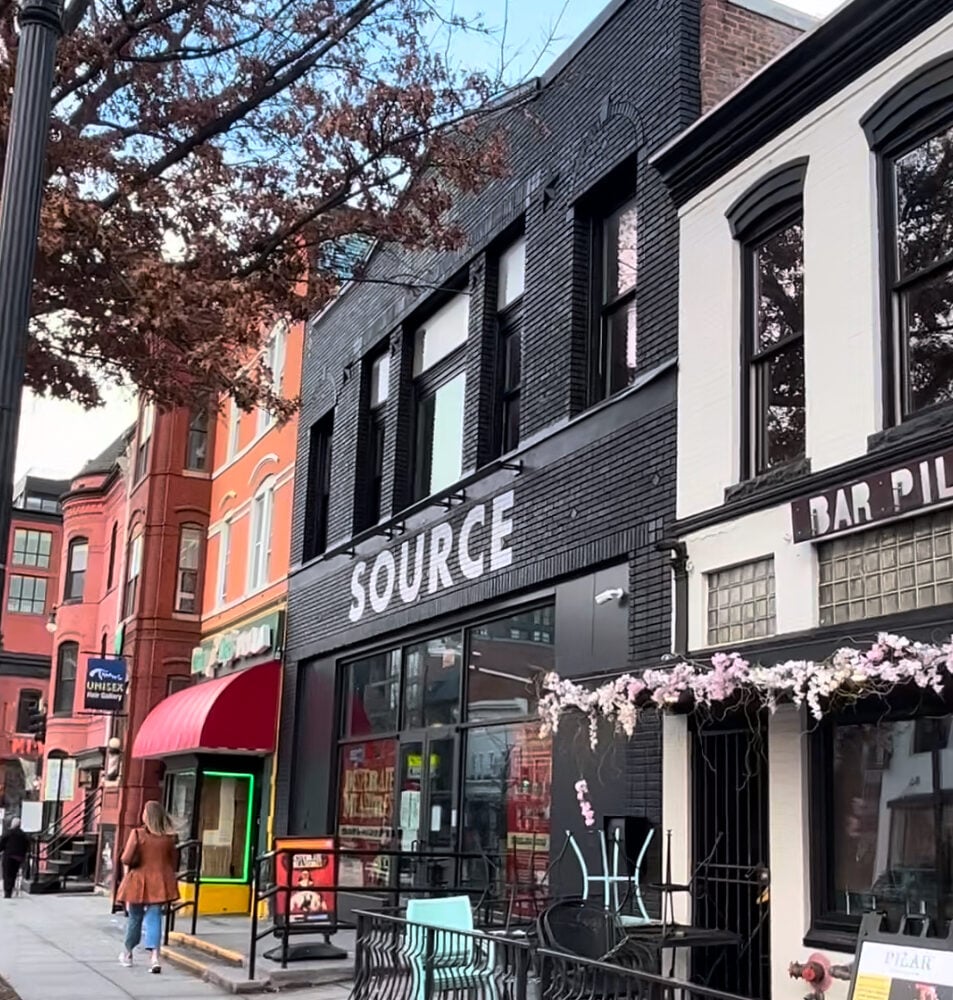NPR standards and practices editor Mark Memmott this week posted a slightly eyebrow-raising memo from Chris Turpin, the network’s vice president for news programming and operations: “We are also fielding more and more questions from news staff and Member stations about our policies for referring to podcasts on air,” Turpin writes.
There must be no “call to action” on the part of on-air staff: “We won’t tell people to actively download a podcast or where to find them. No mentions of npr.org, iTunes, Stitcher, NPR One, etc.” The rules “apply to all podcasts, whether produced by NPR or by other entities.”
On-air hosts don’t have to completely pretend that podcasts don’t exist. Turpin provides examples of good and bad ways to acknowledge the wildly popular form of audio programming:
GOOD:
“That’s Linda Holmes of NPR’s Pop Culture Happy Hour podcast and our blogger on the same subject and Bob Mondello, NPR’s film critic. Thanks so much.
BAD:
“OK, everyone. You can download Alt.Latino from iTunes and, of course, via the NPR One app.
Reached by email, NPR spokesperson Isabel Lara says, “People know how to find podcasts. It’s like when we talk of books on air: we mention the title & author, not the bookstore.”
Podcasts are a point of tension between NPR and the member stations that carry its programming. As the audience of NPR stations ages, on-air listenership has dropped. At the same time, digital listenership has bloomed, but as Tyler Falk reported for the essential public-media-tracking publication Current last year, NPR senior research editor Gwynne Villota said, “at this point, we don’t think that digital listening is making up for the lost broadcast listening.”
Since NPR CEO Jarl Mohn started in 2014, though, the network has sought to collaborate more closely with its member stations, whether by collaborating on investigative reports or on fundraising efforts.

